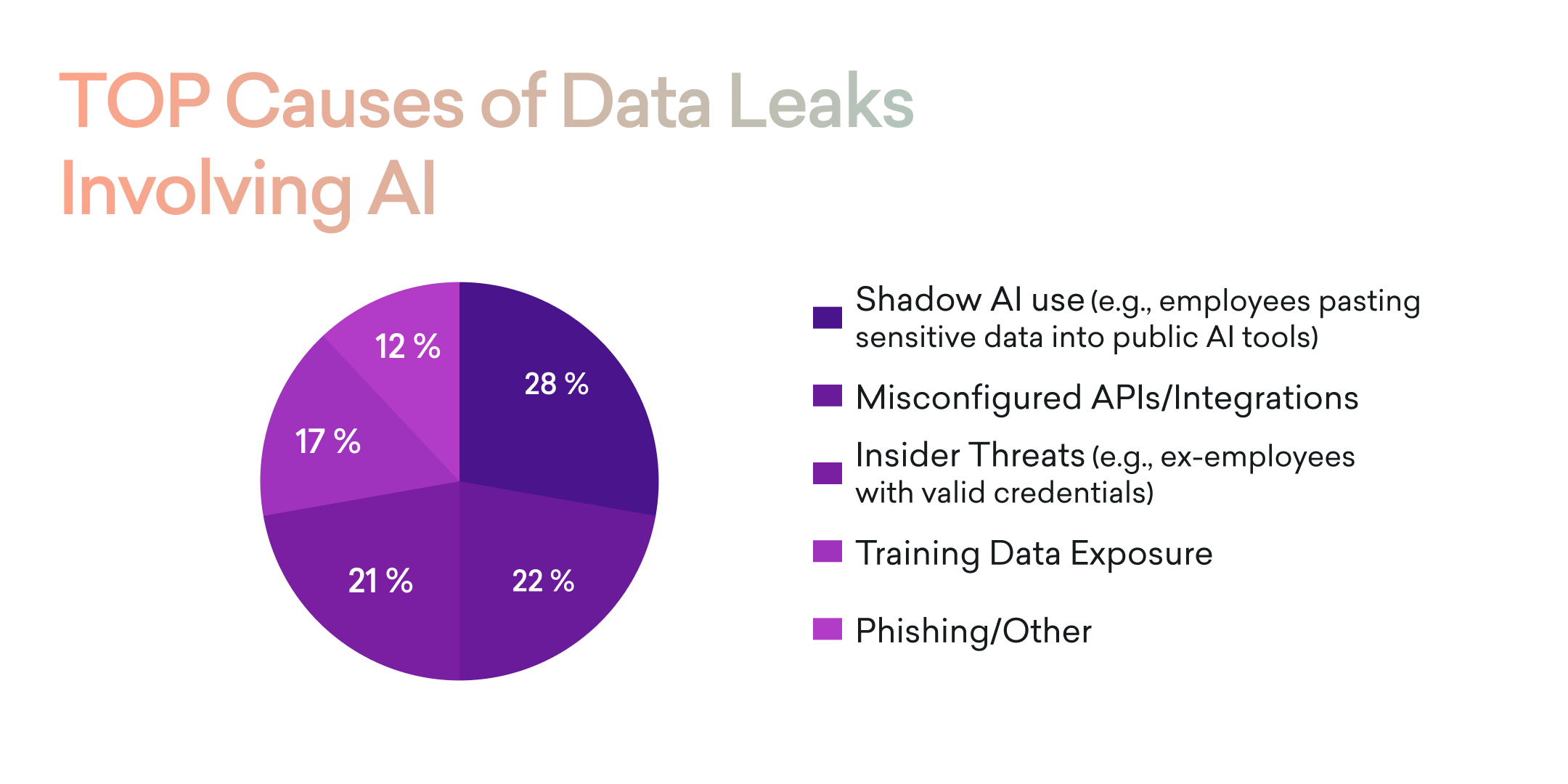As a forward-thinking crypto business navigating the ever-changing landscape of digital currencies, staying abreast of regulatory developments is crucial. Despite cryptocurrencies being an established concept, the regulatory framework has struggled to keep pace with this phenomenon, exposing users and businesses to potential risks.
European legislators are proactively addressing the challenges posed by cryptocurrencies through various legislative packages. As a crypto business, understanding the implications of MiCA Regulations is necessary for compliance and shaping a prosperous future in this dynamic field.
Common Crypto Business Models
For crypto businesses, two predominant operational models are at the forefront. The first involves users entrusting their funds to third-party platforms that facilitate cryptocurrency trading. However, this practice raises concerns about ownership, as those who lack control over their wallet's code may not have complete ownership of their cryptocurrencies. The second model revolves around investment in projects introducing new cryptocurrencies to the market. Unfortunately, the allure of promising high returns often overshadows the importance of conducting thorough due diligence on such ventures.
The Czech Republic's Approach to Crypto Business
Crypto-business in the Czech Republic is known for its "wild west" nature. Today, various aspects like exchanges, trading, wallets, ICOs, NFTs, and token issuance largely lack regulation. Since the end of 2020, conducting business in virtual currencies has become more accessible on a freelance basis. All you need is an LLC with a trade license, entrepreneurial courage, and technological expertise. It's a straightforward process with no unnecessary complications.
Introducing Passporting for Businesses Abroad
In the international landscape, legal regulations for cryptocurrency businesses vary significantly. Some countries adopt a tolerant approach, allowing operations similar to the Trade Licensing Act. Countries like Estonia, France, and Malta impose stricter authorization requirements, posing challenges for crypto businesses seeking to expand abroad.
To address this, the new legislation aims to simplify the process by introducing passporting. This solution seeks to streamline the international expansion of crypto businesses, offering a more accessible pathway for growth.
About MiCA Regulation
The 2019 European regulation, MiCA ("Markets in Crypto-assets"), is a pivotal legislation to ensure transparency in crypto-assets issuance and regulating their operations. It covers critical areas such as distribution, public offerings, and transaction oversight. To comply with MiCA, businesses need to obtain authorization from the national regulator (e.g., ČNB in the Czech Republic) based on the activity carried out, either as an asset-linked token issuer (e.g., cryptocurrency issuer) or a crypto asset service provider (e.g., exchange).
When a License is Required
The MiCA Regulation classifies crypto assets into three sub-categories based on their value stabilization approach, imposing specific requirements for each group:
- E-money tokens: Crypto assets pegged to an official currency to maintain stable value can only be issued by banks and e-money institutions.
- Asset-linked tokens: Crypto assets referencing any other value, including combinations thereof, can only be issued by licensed banks and CNB-approved issuers.
- For other crypto assets: Such as NFTs (unique and non-interchangeable), no license is required.
However, if your business falls within the mentioned categories, particularly asset-linked tokens, obtaining a ČNB license becomes essential.
Enhanced User Protection
Under the MiCA Regulation, crypto asset issuers will be obligated to notify and publish a transparent white paper detailing the project. In some cases, the white papers may require approval from the ČNB. This crucial requirement empowers users to conduct better project analyses before making investments. Moreover, a ČNB-approved white paper can enhance credibility and trustworthiness, fostering a safer environment for investors.
Understanding MiCA's implications and prioritizing user protection is crucial for crypto business owners. Navigating complexities and embracing best practices empower businesses to thrive in this rapidly growing industry. Stay agile, compliant, and innovative to seize the exciting potential ahead. Success awaits in the dynamic world of cryptocurrencies.
This article was created in cooperation with HAVEL & PARTNERS.









.png)


.avif)